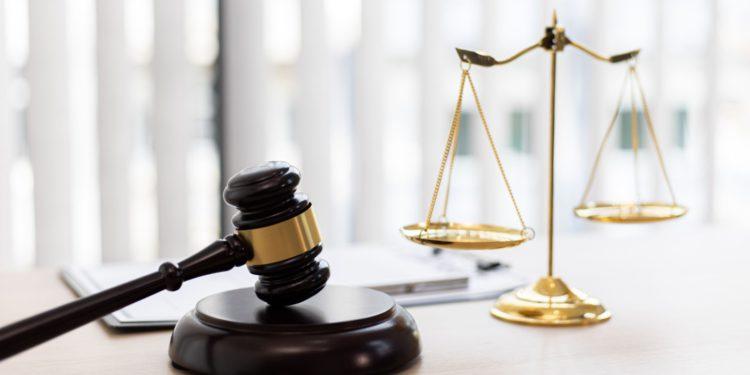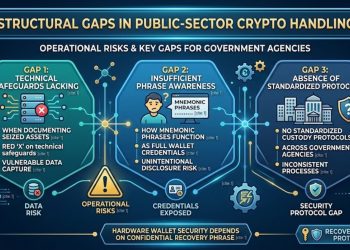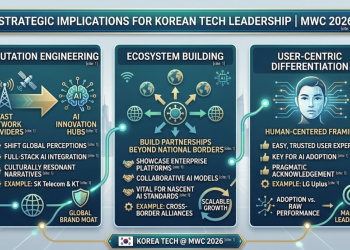The Korean government has proposed a bill to strengthen penalties concerning technology leakage. This comes amid a recent surge in endeavors to disclose major industrial technologies like semiconductor and display technologies abroad,
The proposal includes revising the sentencing guidelines for intellectual property crimes such as technology leakage, as the Korean Supreme Court’s Sentencing Commission recommended.
On July 18, industry sources revealed that the Ministry of Trade, Industry, and Energy (MOTIE) unveiled a partial amendment to the Act on Prevention and Protection of Leakage of Industrial Technology at the end of June. The ministry intends to submit the proposed amendment to the National Assembly later this year after a legislative preview period, which includes gathering public opinions until August 7.
The proposed amendments would require the National Assembly to submit an annual report detailing the status, facts, and recommendations regarding overseas leakage of industrial govtechnology.
The bill also aims to strengthen criminal penalties specifically for national core and industrial technology leakage. Yoon highlighted that the global competition for technological supremacy has intensified, leading to increased attempts to target Korean companies’ superior technologies through technology leakage.
According to the National Intelligence Service, 93 recorded attempts to leak domestic technology overseas in the last five years (2018-2022) have resulted in damage estimated at about 25 trillion won.
A spokesperson from MOTIE stated that the current law imposes penalties on acts such as leaking Korea‘s core technologies and industrial technologies for use in foreign countries.
However, concerns have been raised about the difficulty in proving the purpose behind such leakages, leading to weakened responses in combating technology leakage. Furthermore, there is an emerging necessity to address the brokering jobs associated with technology leakage by holding those who introduce, broker, or attract technology leaks accountable for their actions.
Considering input from industry insiders and academia, the Ministry of Trade, Industry, and Energy (MOTIE) has incorporated their feedback into the proposed amendment.
The surge in technology leakage incidents in crucial sectors such as semiconductors and displays has prompted the ministry to take proactive measures to address and sanction such breaches in the future, analysts suggest.
The amendment encompasses expanding the range of prohibited infringing acts and the augmentation of criminal elements related to overseas leakage. It specifies that unauthorized leakage of Korea’s core technology beyond designated premises and the introduction, arrangement, or inducement of technology leakage will be deemed infringement acts.
The Supreme Court’s Sentencing Commission has initiated revising sentencing guidelines for intellectual property crimes. By enhancing the sentencing standards for technology leakage offenses, the authorities aim to deter such crimes and safeguard Korea’s economic security.
Presently, leaking Korea’s core technology abroad can lead to a maximum penalty of three years imprisonment and a fine of up to 1.5 billion won (US$1.2 million).
In April, the Ministry of Trade, Industry, and Energy (MOTIE) issued an opinion letter to the Supreme Court’s Sentencing Commission, urging the strengthening of sentencing standards specifically related to industrial technology leakage crimes. Echoing this sentiment, prominent economic organizations like the Federation of Korean Industries also submitted opinion letters to the Sentencing Commission, requesting stricter penalties on behalf of companies.
Industry officials raised concerns that interpreting technology introduction and arrangement as technology leakage could hinder potential joint research efforts with foreign academics and institutions on Korea’s core and industrial technologies.
“We look forward to strengthening the National Assembly’s monitoring of industrial technology leakage and strengthening penalties so that our industrial technology can be more strongly protected,” Yoon Kwan-seok, a lawmaker, stated.







